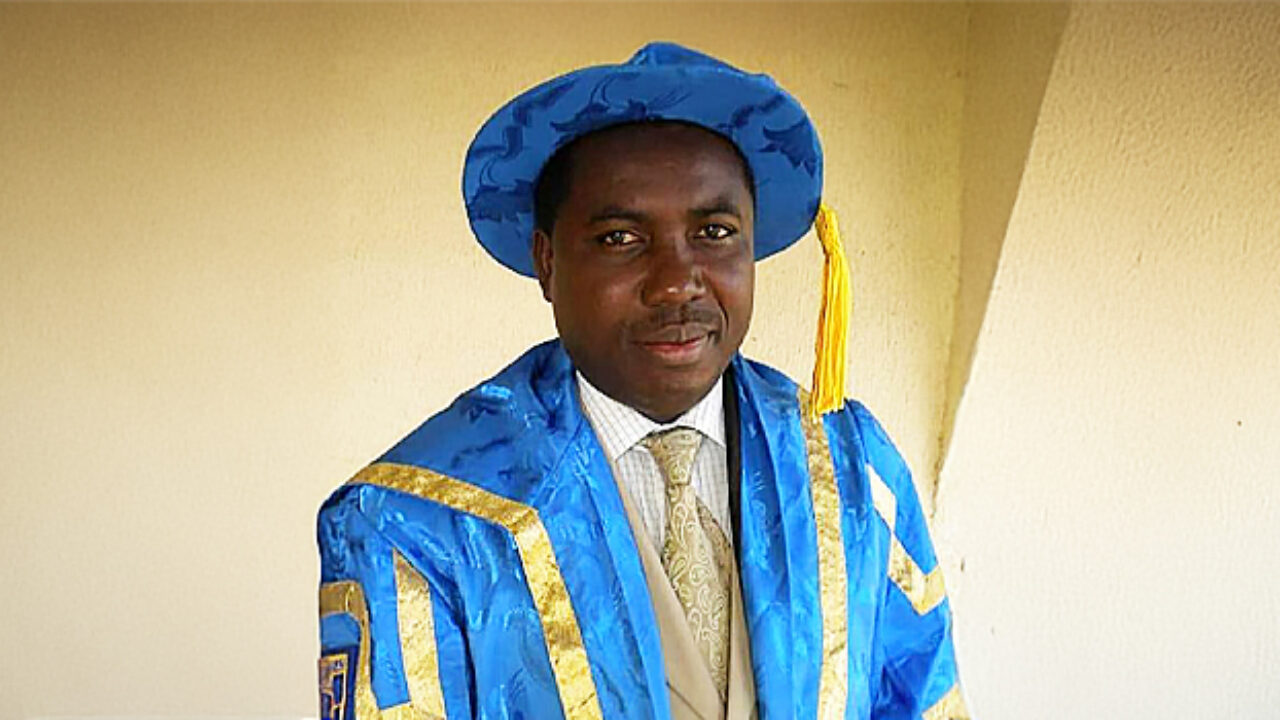The Supreme Court in different judgements delivered yesterday in Abuja affirmed the election of governors Okezie Ikpeazu, Ifeanyi Okowa, Darius Ishaku and Abubakar Bello of Abia, Delta, Taraba and Niger states respectively.
The court held that it had no reason to set aside the concurrent decisions of the lower court, which had earlier upheld the same election.
In Abia State, the court held that Ikpeazu of the Peoples Democratic Paty (PDP) was validly elected.
Justice Paul Galinje who read the unanimous judgement of the seven-man appeal panel held that the appellant’s reliance solely on the smart card readers in proving the alleged over-voting was fatal to their case.
Galinje also held that the law is clear that the petitioner must tender the voter’s register, and should relate the document to the specific area where the elections were affected.
He added that the card reader print out tendered by the appellants at the tribunal is not part of the constitution or electoral act which determines the conditions for over-voting.
The judge said that the appellants failed to lead credible evidence in proving their case.
The candidate of the All Progressive Grand Alliance (APGA), Alex Otti, and his party had approached the apex court to set aside the judgment of the Court of Appeal which upheld the election of Ikpeazu.
They had in their appeal argued by their lawyer, Mr. Lateef Fagbemi, asked the apex court to nullify Ikpeazu’s election of on the grounds of over-voting and noncompliance with the electoral laws.
Fagbemi in his argument urged the court to allow the appeal and set aside the judgment of the lower court and declare Otti as the lawful winner of the March 9 governorship election in the state or in the alternative order a fresh election.
In their separate replies, the respondents urged the court to dismiss the appeal for lacking in merit.
The apex court held that it had no reason to set aside the concurrent decisions of the lower court, which had earlier upheld the same election.
Similarly, Nweze who read the judgement of the panel quashed the appeal by Great Ogboru of the All Progressive Congress (APC) who had challenged Okowa’s election on the grounds that the election was marred by vote-buying.
Nweze said the plaintiff’s “appeal had been rightly described at the Court of Appeal as a metaphor of forensic Golgotha.”
“The appellant woefully failed to prove over-voting polling unit by polling unit as required by law.
“In the circumstance, the appeal is bereft of any iota of convincing evidence and it is hereby dismissed. Ifeanyi Okowa is, therefore, affirmed as Governor of Delta State.”
“The appeal is a share waste of the precious time of the court,” the judge added.
Ogboru had approached the apex court, seeking to set aside the decision of the lower court which upheld Okowa’s election.
The appeal filed by Umar Mohammed Nasco of the PDP was struck out by the apex court because it lacked merit.
Delivering judgement in the appeal, Justice Mary Uwani Abaji who read the lead judgement held that the Supreme Court will not tamper with the concurrent decisions of both the Court of Appeal and the election petitions tribunal.
In the unanimous judgement, Justice Abaji held that the Court of Appeal was right in holding that the decision of the tribunal delivered outside the 180 days allowed by law was a nullity.
Justice Abaji further held that a judgement already declared a nullity by the Appeal Court cannot confer any benefit on the PDP candidate and any other party.
The judge, therefore, agreed that the Supreme Court has no jurisdiction to entertain the appeal and consequently struck it out for want of jurisdiction.
Nasco had challenged the election of Bello who won the March 9 poll on the platform of the APC.
The appelant alleged at the tribunal that the governor submitted forged documents and gave false information in his form CF001 submitted to the Independent National Electoral Commission (INEC) to secure clearance for the March 9, 2019 election.
However, the tribunal failed to deliver judgment in the petition within 180 days allowed by law, prompting the Appeal Court to declare the judgment of the tribunal a nullity, having been delivered outside the required period.
In the case of Taraba, the APC had argued that Ishaku was not duly elected by a majority of lawful votes cast in the election.
The appellants also alleged noncompliance with the provisions of the Electoral Act (2010)
However, counsel to Ishaku and the PDP, Mr. Kanu Agabi, urged the court to dismiss the APC’s appeal for being incompetent and lacking in merit.
Agabi said the APC’s appeal had become academic following the withdrawal of their governorship candidate, Mr. Abubakar Danladi, from the petition, after his disqualification over false age declaration.
Responding to Agabi’s submissions, the APC lawyer, Mr. Ishiaka Dikko, while admitting that the party’s candidate was disqualified from the election, said the first runner-up in the APC primaries ought to have been allowed to contest the election.
Dikko urged the court to nullify Ishiaku’s election and order a fresh election.
Delivering the judgment, the justices of the apex court all agreed that APC did not have a legal candidate at the election due to Danladi’s disqualification.
One of the justices held that the APC’s argument that the runner-up in the primaries be allowed to contest the election, was wrong because Sani Yahaya did not participate at any stage of the election.
He said APC lacked the locus standi to file a petition in the first place at the tribunal.






















































